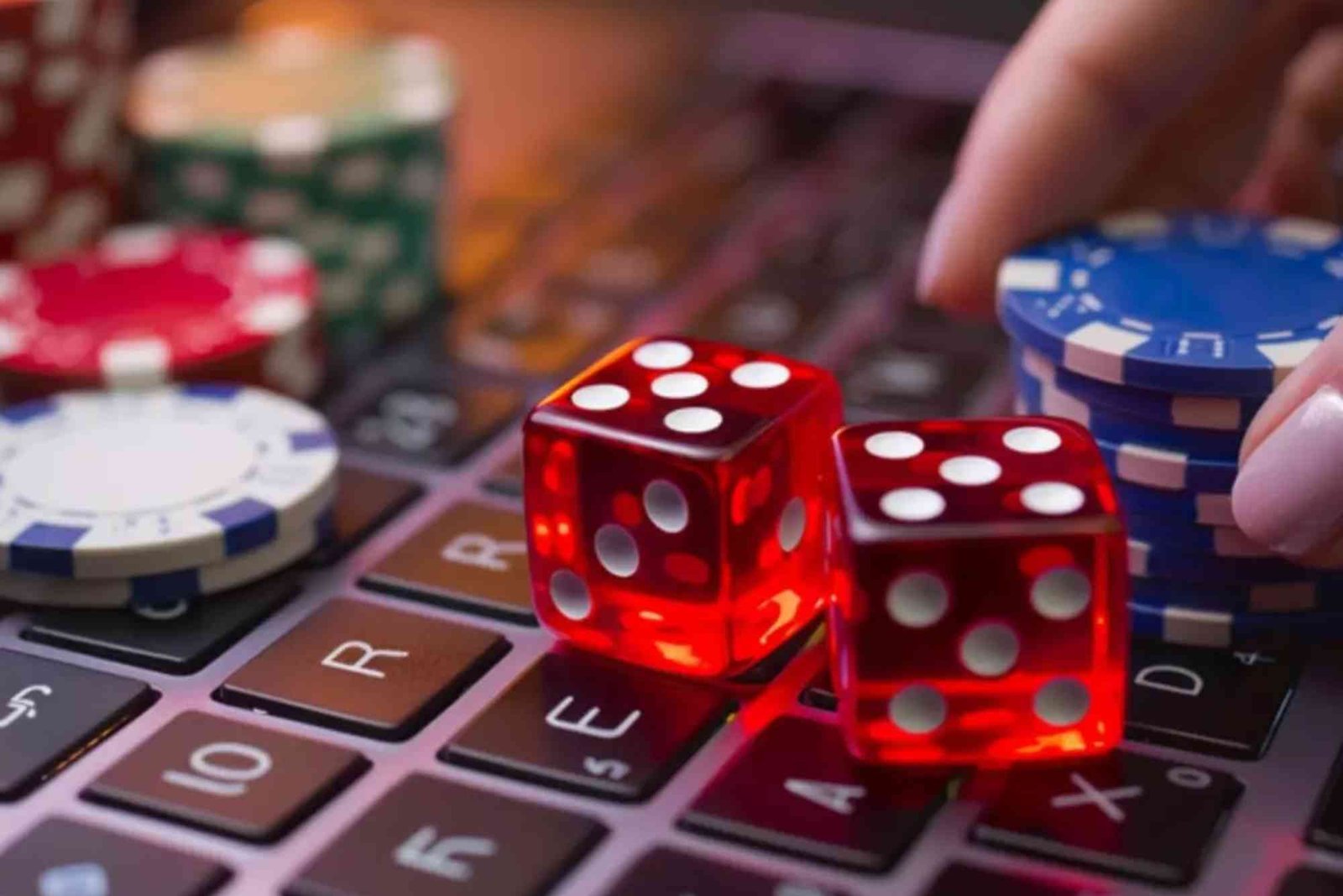The gambling industry has always been quick to embrace new technologies. From the early days of online casinos to the rise of mobile betting apps, innovation has consistently shaped how people play. Now, blockchain technology is emerging as the next frontier. It promises decentralization, transparency, and enhanced trust—all areas where traditional gambling platforms have often fallen short. But the big question is: will blockchain truly transform online gambling games, or will it remain a niche feature for tech-savvy players?
The Rise of Blockchain in Online Gambling
At its core, blockchain is about removing the middleman. In traditional gambling, whether online or offline, players place their trust in the operator to manage bets, payouts, and fairness. Yet stories of delayed withdrawals, unfair odds, or even outright scams are common. Blockchain changes this dynamic by enabling provably fair systems, where every transaction and outcome can be verified on an immutable public ledger.
Smart contracts, powered by blockchain, could automatically settle wagers once certain conditions are met—say, when the outcome of a football match is finalized. This level of automation eliminates disputes, delays, and reliance on centralized operators. For players, it creates an environment where trust is embedded into the system itself.
The appeal is somewhat similar to UK casinos not on gamstop, which attract users looking for more freedom and flexibility. While the motivations differ, both highlight a desire for alternatives outside heavily controlled platforms. Blockchain could provide that balance—more transparency than unregulated sites while still offering the autonomy players crave.
Transparency and Provably Fair Games
One of blockchain’s strongest appeals in gambling is its ability to create provably fair games. In a blockchain-powered slot machine or roulette wheel, the random number generator can be encoded on the blockchain, making outcomes verifiable in real time. Players could confirm that results weren’t manipulated, fostering trust in a way that centralized systems often fail to deliver.
This could be a game changer for online slots, poker, or live dealer games, where skepticism about fairness is common. When transparency is guaranteed, more casual players may be drawn into digital gambling, reassured that they aren’t at a disadvantage from the start.
The Role of Cryptocurrency Payments
Blockchain’s link to cryptocurrency is another transformative factor. Deposits and withdrawals in crypto are faster, cheaper, and borderless compared to traditional payment methods. Players no longer have to deal with bank restrictions, currency conversion fees, or long wait times for payouts. For global users, this is a huge benefit.
It also means gambling platforms can appeal to players in regions where banking systems restrict access to gambling transactions. However, volatility in cryptocurrency values remains a challenge. A player’s winnings might fluctuate dramatically in value by the time they decide to cash out, which could discourage some users.
Challenges of Blockchain Adoption
Despite its benefits, blockchain adoption in gambling faces significant hurdles. Regulatory acceptance is perhaps the largest. Governments already tightly regulate online gambling, and decentralized systems make oversight more complex. Operators who adopt blockchain may face resistance or stricter scrutiny, slowing widespread adoption.
User familiarity is another challenge. While younger, tech-savvy players may embrace crypto casinos easily, many traditional players still prefer the simplicity of credit cards or e-wallets. For blockchain gambling to become mainstream, platforms will need to simplify the user experience, hiding the complexity of wallets, private keys, and transactions.
How Blockchain Could Reshape Game Design
Beyond payments and fairness, blockchain opens the door to new forms of gambling games. Tokenized assets, for example, could allow players to buy, sell, or trade in-game items with real-world value. Imagine slot games where winnings come not just in cash but in tradeable digital tokens. Poker rooms could use blockchain to create decentralized tables where players set the rules.
This shift would blur the line between gambling, gaming, and investment. Already, blockchain-based play-to-earn models in gaming have shown how virtual economies can create new opportunities. For online gambling, this could mean entirely new genres of games that don’t exist today.
The Road Ahead: Evolution, Not Revolution
It’s unlikely that blockchain will completely replace traditional gambling platforms within the next decade. Instead, we’ll likely see a hybrid model. Established operators may begin integrating blockchain features—provably fair systems, crypto payments, and tokenized rewards—while still maintaining centralized control to meet regulations. Meanwhile, smaller startups may experiment with fully decentralized casinos aimed at niche audiences.
For players, this evolution means more choice. Some will prefer the comfort of regulated platforms, while others will gravitate toward blockchain-powered casinos that emphasize autonomy and fairness. The competition between these models will likely shape the industry’s future.
Final Thoughts
So, will blockchain transform online gambling games? The answer is yes—but probably not in the absolute way some enthusiasts imagine. Blockchain has the potential to solve long-standing issues of trust and transparency while also introducing exciting innovations in game design and payments. However, widespread transformation will depend on regulatory acceptance, technological accessibility, and how much players value transparency over convenience.
For now, blockchain is less of a revolution and more of an evolution—a powerful tool that could reshape gambling for the better, but only if the industry learns how to balance freedom with responsibility.




